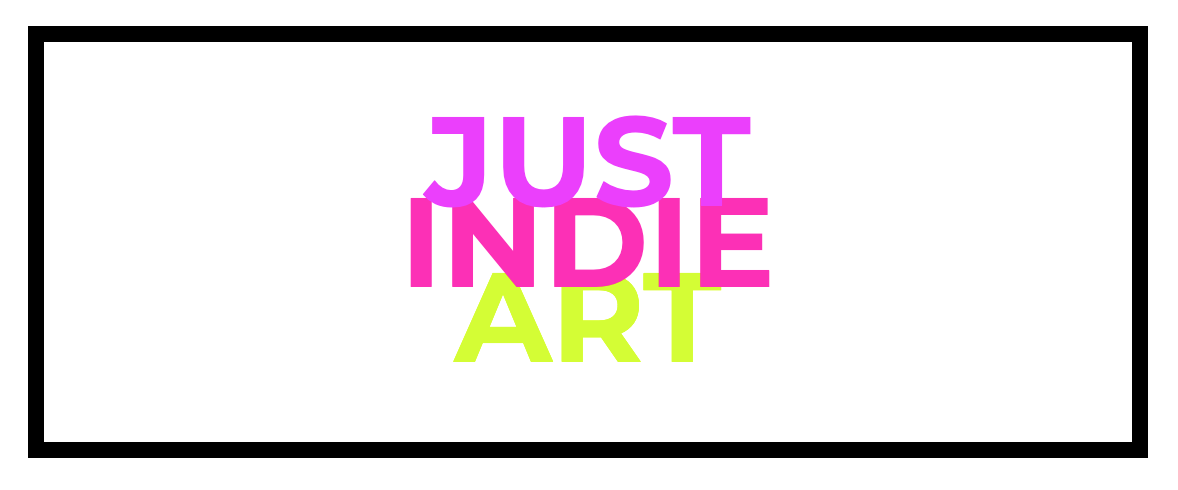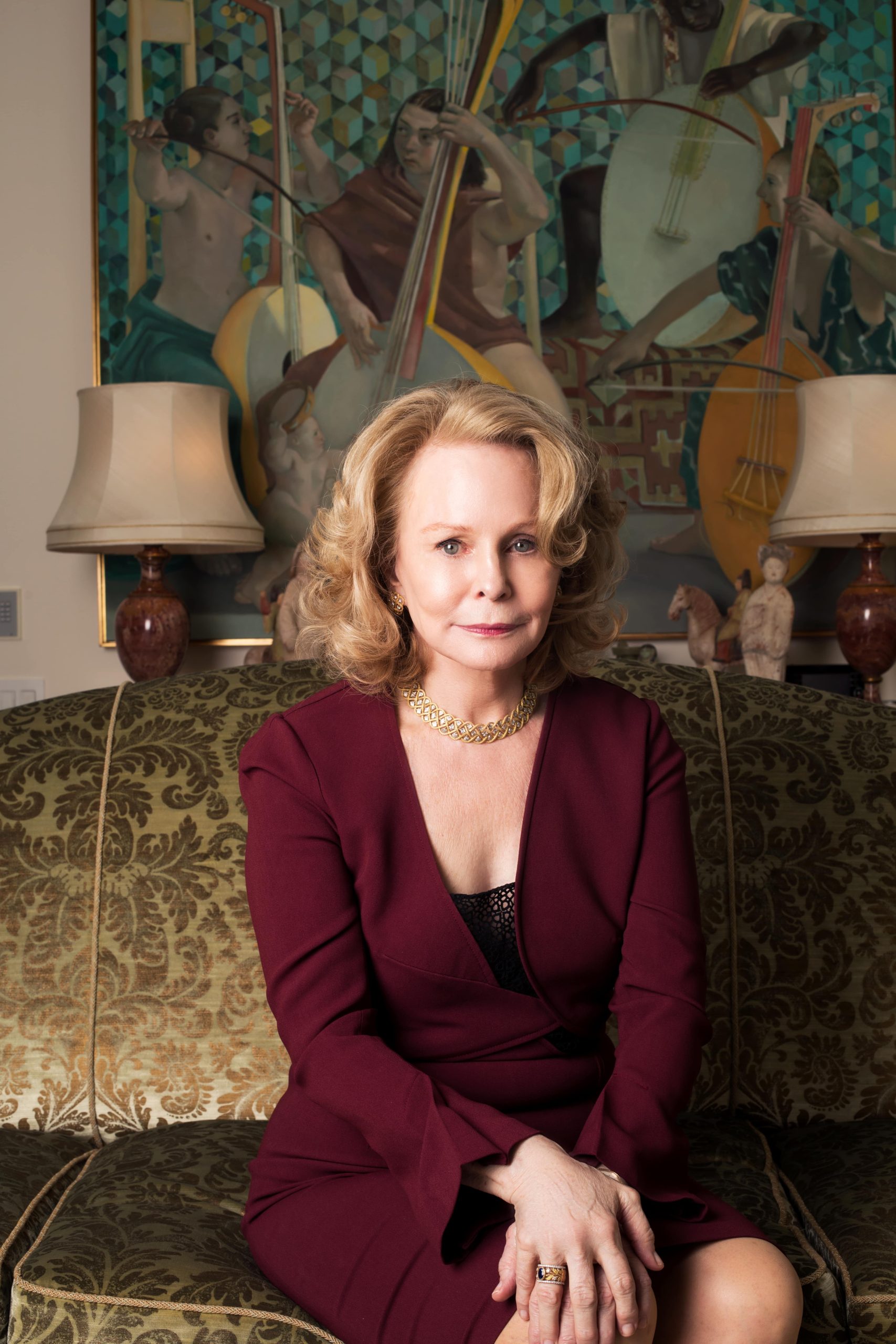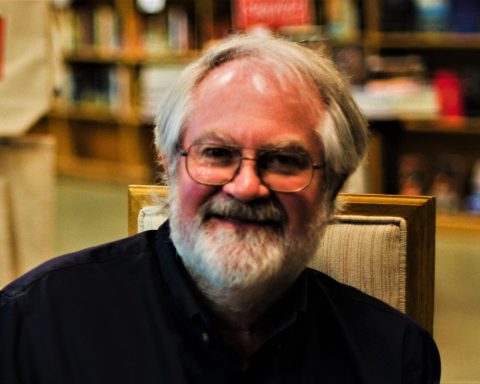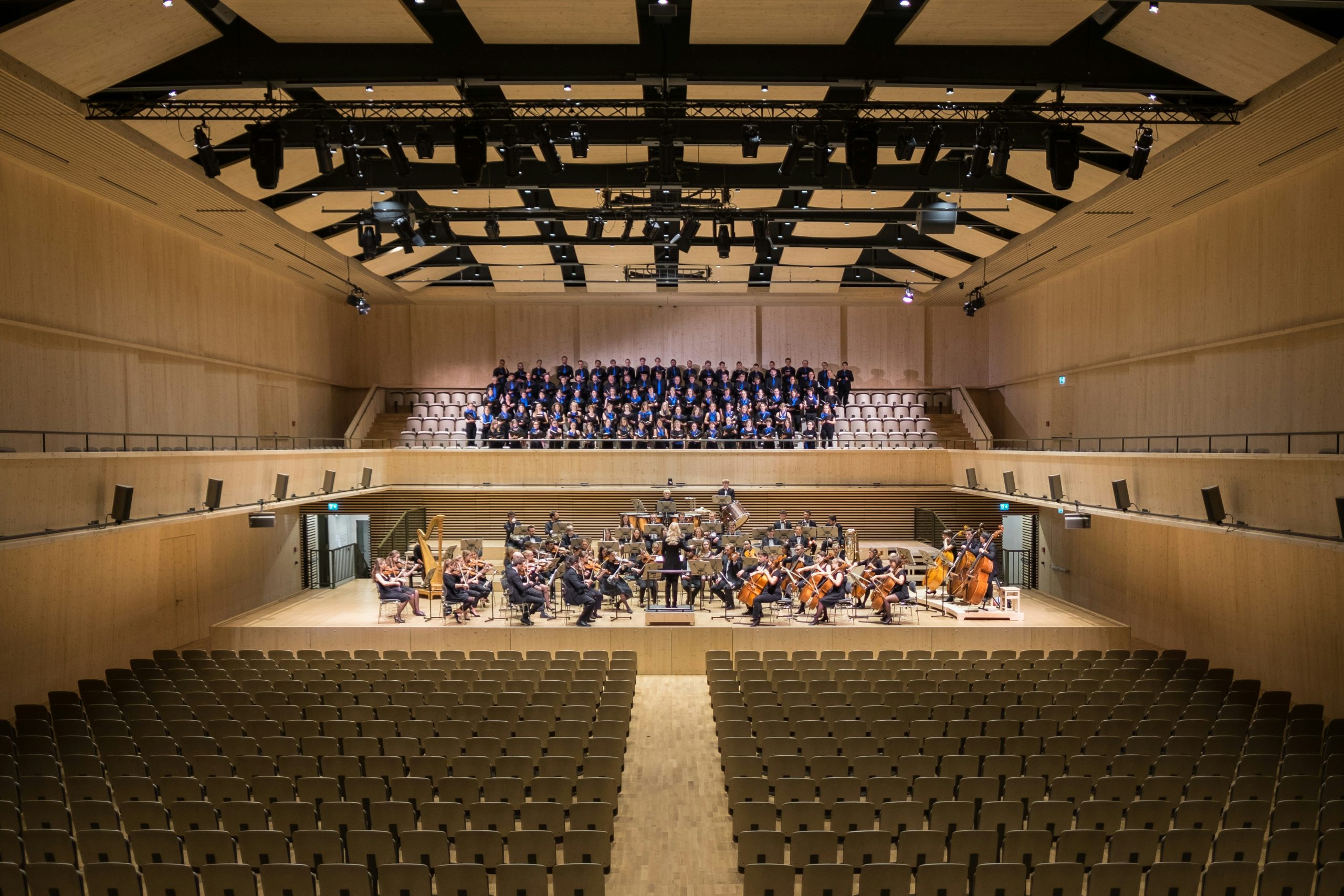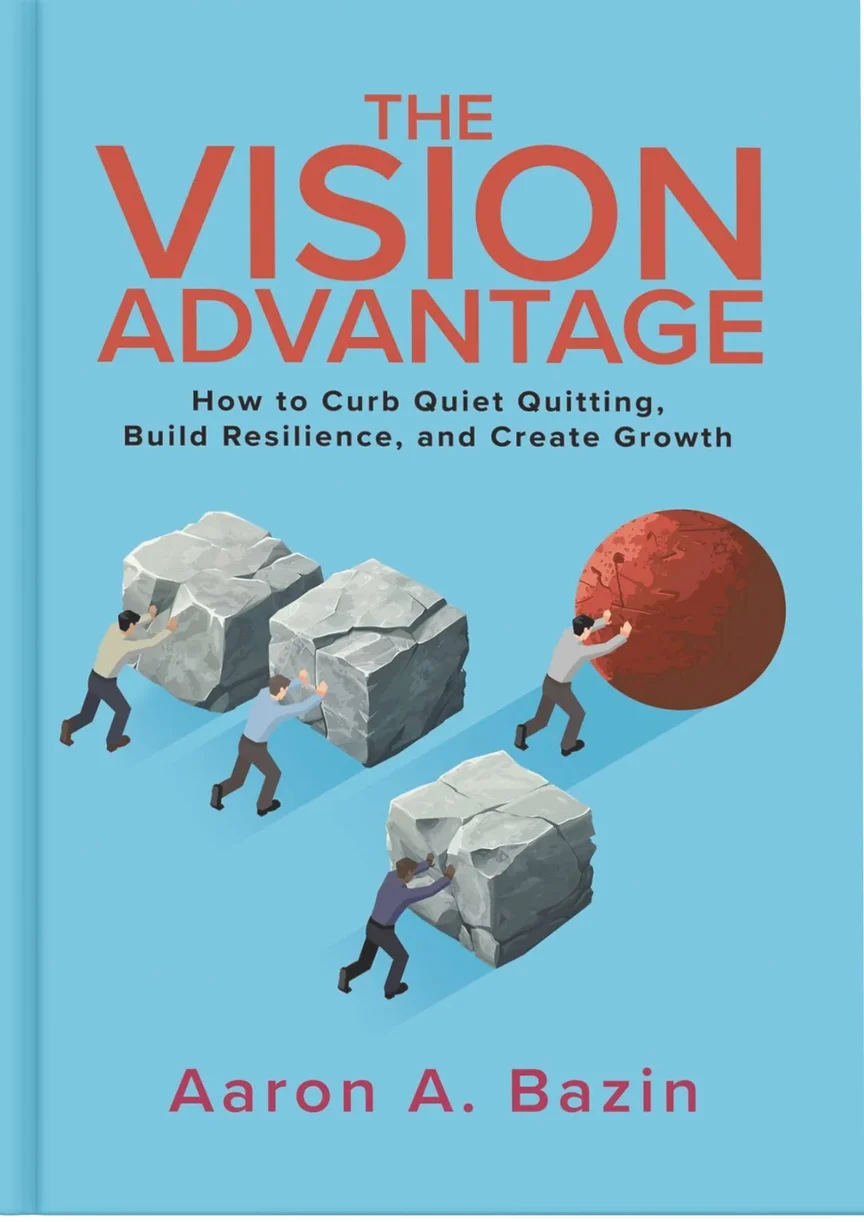Just Indie Art recently got a chance to interview Internationally Acclaimed Composer Georgia Shreve. We got insights into her album Lavinia and Anna Komnene, tips for young artists, her upcoming projects and much more!
Q. First of all, it is great to have you on Just Indie Art and congratulations on your new album Lavinia and Anna Komnene! We’re excited to delve into it shortly, but first, we’d love to learn more about you and your musical journey.
I studied piano and organ as a child. Even at a young age I was inspired by the pieces I learned to play, and I wanted to write my own music. Years later when I was in graduate school, a friend of mine was taking singing lessons and persuaded me to try them. I began taking lessons, and I stayed with my wonderful teacher for 3 years. She said I had “great musicality” and urged me to continue my musical pursuits. I found a professor at Juilliard who further instructed my piano playing. I expressed to him that my greatest interest was composing. He happened to be a composer himself, and he encouraged me to write my own music. With his support and guidance, my original compositions were soon being performed.
Q. Lavinia and Anna Komnene are wonderful. Kindly share the process that you followed while you were working on the album. How did you balance the grand, sweeping moments with the intimate, personal ones?
I decided to honor these strong women from antiquity because it was then incredibly difficult for women to hold any esteemed position in society. I wanted to portray these womens’ strength, as well as reference their inner worlds in my compositions. After detailed work on the librettos, I set the stories to music using unique colors and creating tonal contrasts where they were called for.
Q. In the process of creating this album, can you share an unexpected source of inspiration that took your work in a surprising direction?
My overwhelming source of inspiration was the lives of the strong women I portrayed, with all their shades of meaning that I built into the libretto. I carefully selected women who rose far above the limits of their day.
Q. Can you identify a particular moment or track in the album where you felt you were pushing your own artistic boundaries, and can you share more about that experience?
The finales were particularly challenging and pushed me to new artistic heights. As someone who has directed and produced plays since childhood, I understand the importance of a powerful ending. In composing these finales, I had to draw on all my artistic skills—my understanding of narrative from my fiction writing, my sense of rhythm and imagery from poetry, and my musical knowledge—to create something that was both musically complex and emotionally resonant. It was a process that demanded everything I’ve learned across my various creative pursuits.
Q. Your music evokes a wide range of emotions. How do you intentionally manipulate musical elements to create specific emotional responses in your listeners?
My approach to evoking emotions in music is deeply influenced by my work as a poet and writer. Just as in my poetry, published in prestigious journals like The New Yorker and The New Republic, I pay close attention to the nuances of language and rhythm. In my music, I translate this sensitivity to the interplay of melody, harmony, and rhythm.
My background in psychology also informs this process, giving me insights into how different musical elements can trigger emotional responses. I often think of my compositions as a form of storytelling, using musical themes and motifs to create character arcs and emotional journeys for the listener
Q. Any tips or advice for the young artists?
My advice stems from my own multifaceted career. I recommend not limiting yourself to just one area of study or creativity. My diverse educational background—from philosophy to business to psychology—has all contributed to my art in unexpected ways. Explore other forms of art and areas of knowledge. If you’re a musician, read poetry. If you’re a writer, study visual art. This cross-pollination of ideas and skills can lead to truly innovative work. Also, don’t be afraid to break into fields that might seem closed to you. As one of the first female investment bankers, I learned the value of perseverance and breaking barriers. Apply this spirit to your art.
Q. Any hints for our readers about any upcoming collaboration or new projects that you are working on?
My upcoming projects continue to focus on remarkable women in history. I’m currently working on a piece inspired by Christine de Pizan’s “The Book of the City of Ladies,” (1364-1431) which aligns with my interest in empowering women through art.
I’m also composing a piece about Cleopatra Selene, which allows me to explore another fascinating historical figure. Additionally, my new musical “Lives of a Woman” draws on my psychological insights and personal experiences to explore the many roles women inhabit throughout their lives.
These projects all reflect my commitment to using art as a means of exploring and celebrating the complexities of the human experience—particularly from a female perspective.
Q. As an artist, do you have any daily rituals or processes that you follow in your creative practice?
Reading is a fundamental part of my creative process. Given my background in literature and my ongoing work in poetry and fiction, I find that engaging with words daily keeps my creative mind active and inspired. This practice informs not just my writing, but also my music composition, helping me to think in terms of narrative and emotional arcs.
Q. What role does art play in shaping human experience?
As someone who has studied and written about creativity extensively, I believe art plays a crucial role in shaping human experience. Creativity is at the heart of bringing meaning and purpose into our lives. It allows us to explore complex emotions, challenge societal norms, and imagine new possibilities.
My work across different disciplines—from music to literature to my studies in philosophy and psychology—has shown me how art can bridge different aspects of human experience, creating connections and insights that might not otherwise emerge.
Q. Lastly, as we ask all our guests on our platform, do you have any closing thoughts that you would like to share with the world and our readers?
I encourage everyone to nurture their own creative spirit, wherever it may be found. Whether it’s through music, writing, visual arts, or any other form of expression, creativity has the power to enrich our lives and the lives of others. Don’t be afraid to cross boundaries, mix disciplines, or challenge conventions. As my own journey from investment banking to composing operas shows, there’s no single path to artistic fulfillment. Embrace your diverse interests and experiences—they all contribute to your unique creative voice.
About the artist: Georgia Shreve is an internationally acclaimed composer, writer, and polymath whose work spans music, literature, and visual arts. Over her 40-year career, Shreve has created more than 100 original compositions, plays, poems, and novels, earning her a place among the most versatile and prolific artists of her generation. Her music has been performed at prestigious venues including Carnegie Hall, Lincoln Center, and National Sawdust. Among her celebrated works are two semi-operatic oratorios, Lavinia and Anna Komnene, which premiered at Alice Tully Hall with a 62-piece orchestra and an all-star cast. Shreve’s compositions are lauded for their sophistication, blending music, literature, and visual art to create deeply immersive experiences. She recently recorded Lives of a Woman with the Czech National Symphony Orchestra. In addition to her musical accomplishments, Shreve’s writings have been published in renowned publications such as The New Yorker, The New Republic, and The New Criterion. Her latest book of poetry, Messages Never Sent, showcases her mastery of language and her ability to evoke complex emotions. She is also the recipient of the Stanford Magazine Fiction Award. Shreve’s multifaceted contributions to the arts have been recognized with numerous accolades, including being named the inaugural recipient of the Boston Wagner Society’s Spirit of Wagner Award. A lifelong learner with multiple advanced degrees, she continues to break new ground as she completes her MFA in Creative Writing at Columbia University. Georgia Shreve’s relentless pursuit of artistic excellence and her ability to master multiple disciplines have made her a powerful force in the creative world, continually captivating and inspiring audiences worldwide.
For more details visit: www.georgiashreve.com
